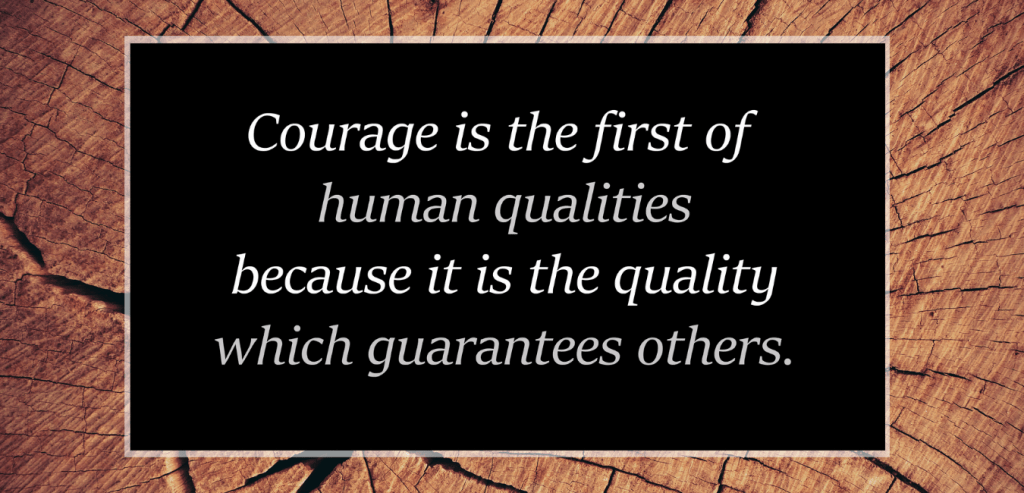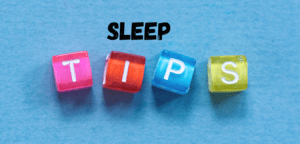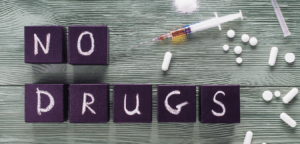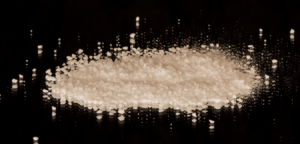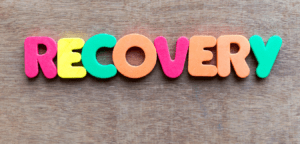The Stages of Relapse
Relapse is more of a process than the singular event of resuming use. It’s broken down into three stages:
- Emotional
- Mental
- Physical
Emotional relapse is often the first stage of relapse, and it occurs before someone in recovery even begins to consider using again. The individual usually starts to experience negative emotional responses, such as anger, moodiness and anxious feelings. They also may begin to experience erratic eating and sleeping habits, and their desire for recovery often wanes due to a lack of using their support systems. These are the initial warning signs that a person in recovery could be entering the process of relapse, and it is important to recognize them as quickly as possible. This stage occurs before a person is even aware that they could be in danger of relapse, and intervening now before they enter mental relapse can prevent the issue from taking hold.
Mental relapse is the second stage of the process. This is often a time of internal struggle for a person in recovery, as part of them wants to remain on the road to long-term sobriety; however, that part of them is embattled in a tug-of-war of sorts with another side that wants to return to using. There may always a part of a person that wants to use again, which is why addiction is considered to be a chronic condition. As this phase of the relapse process progresses, direct thoughts about using eventually arise, and at this point, it’s very difficult to stop the process. When someone dealing with addiction decides they are going to use, it’ usually just a matter of time until they do it.
Once mental relapse has occurred, it usually does not take very long to progress to the physical relapse stage. This is the stage that is most commonly thought of when one hears the term relapse. Physical relapse occurs when a person consumes the substance, breaking their sobriety. Using just one time can result in intense cravings to continue to use, and the potential to enter back into consistent substance abuse is prevalent. Getting a person back into treatment as quickly as possible is vital.
Warning Signs
Recognizing the warning signs prior to a relapse is the best way to prevent one from occurring. A very common warning sign is romanticizing of drug use. A person in recovery may begin to relive the days of their drug abuse and look back on them in a positive light. A positive view of all the perceived good times they had can be a dangerous trigger that plants the idea of using again in their mind. This is a foray into mental relapse, which can quickly result in physical and full relapse. It’s easy for an addicted individual to remember only the positives of their abuse and forget all the anguish it may have caused them.
A person in recovery may begin to believe that they can use again without falling back into their addiction. However, an addiction never goes away; it is a chronic condition that needs to be dealt with continuously. An individual may think they are prepared to use casually due to what they’ve learned in recovery, but recovery only comes with full abstention from consumption of the drug. If an individual in recovery begins to talk about their ability to use again without falling back into addiction, it is often a sign that relapse is on the horizon.
Behavior is often a clear warning sign of relapse as well. Sudden changes in the way someone in recovery is acting often precedes a relapse. This may be evidenced by increased isolation and avoidance of one’s sober support system. A person may also cease the pursuit of interests and hobbies they have developed in recovery.
Perhaps the most glaring warning sign is if an individual in recovery starts to doubt the effectiveness of the recovery process.
Triggers for Relapse
There are many things that can trigger a relapse in an individual. One of the most common triggers is depression. Depression and substance abuse are often linked. People battling depression commonly use drugs to combat the depressed feelings they are experiencing. In addition, substance abuse can often lead to depression, thus beginning a vicious cycle of using drugs and subsequent depression.
Depression puts a person at a higher risk for suicide, as does substance abuse. Combine the two, and the risk for suicide increases dramatically; while those who suffer from depression have a 10 percent chance of committing suicide, that risk rises to 25 percent for those who suffer from depression and also abuse substances, according to Psychology Today. This is why it is paramount to recognize signs of depression in someone in recovery, as the stakes are as high as they get.
Some symptoms of depression are:
- Hopelessness
- Low energy
- Significant appetite fluctuation
- Guilt
- Feelings of being worthless
- Problems concentrating
- Anxious feelings
- Change in sleep patterns
- Irritability
- Lack of interest in things
Stress can be another common trigger for relapse. According to Medical News Today, stress is the feeling experienced by someone who is under pressure. For many people, stress is part of everyday life, and most individuals need an outlet to deal with their stress. For those prone to addiction, substance abuse is a common way for them to cope with stress. A study published in the Annals of the New York Academy of Sciences even suggests that stress early in life can lead to a bigger risk for addiction down the road. This shows the dramatic impact that stress can have on addiction.
According to European Neuropsychopharmacology, research suggests that people who have used drugs in order to mitigate stress in the past are likely to return to this behavior when future stressors arise. This would suggest that someone in recovery could be prone to relapse due to an elevated level of stress in life.
Exhaustion can be another trigger that results in relapse. Lack of sleep often leads to self-neglect, which can make a person more vulnerable to using again. Recovery is a day-to-day process that requires a focus on healthy living. If someone is not operating with all of their faculties due to exhaustion, they are less likely to be employing the techniques they learned in treatment.
Isolation can be another trigger for relapse. A positive support system is crucial to ongoing recovery.
Credited To: Americanaddictioncenter

